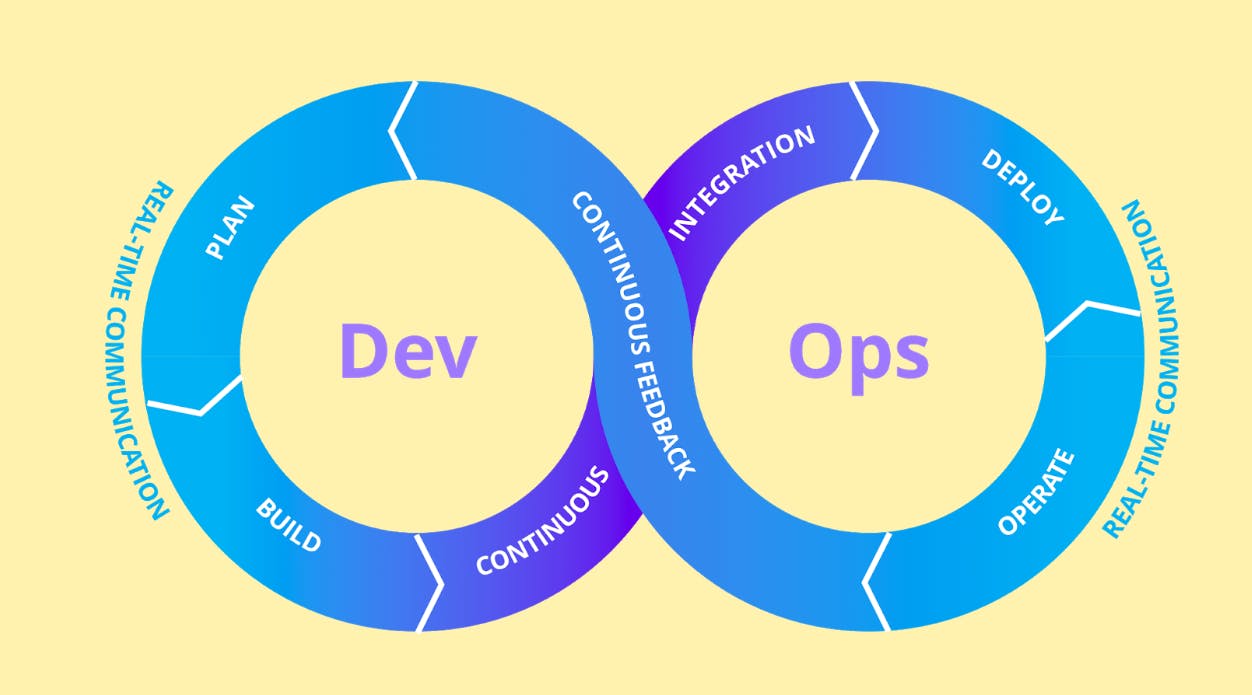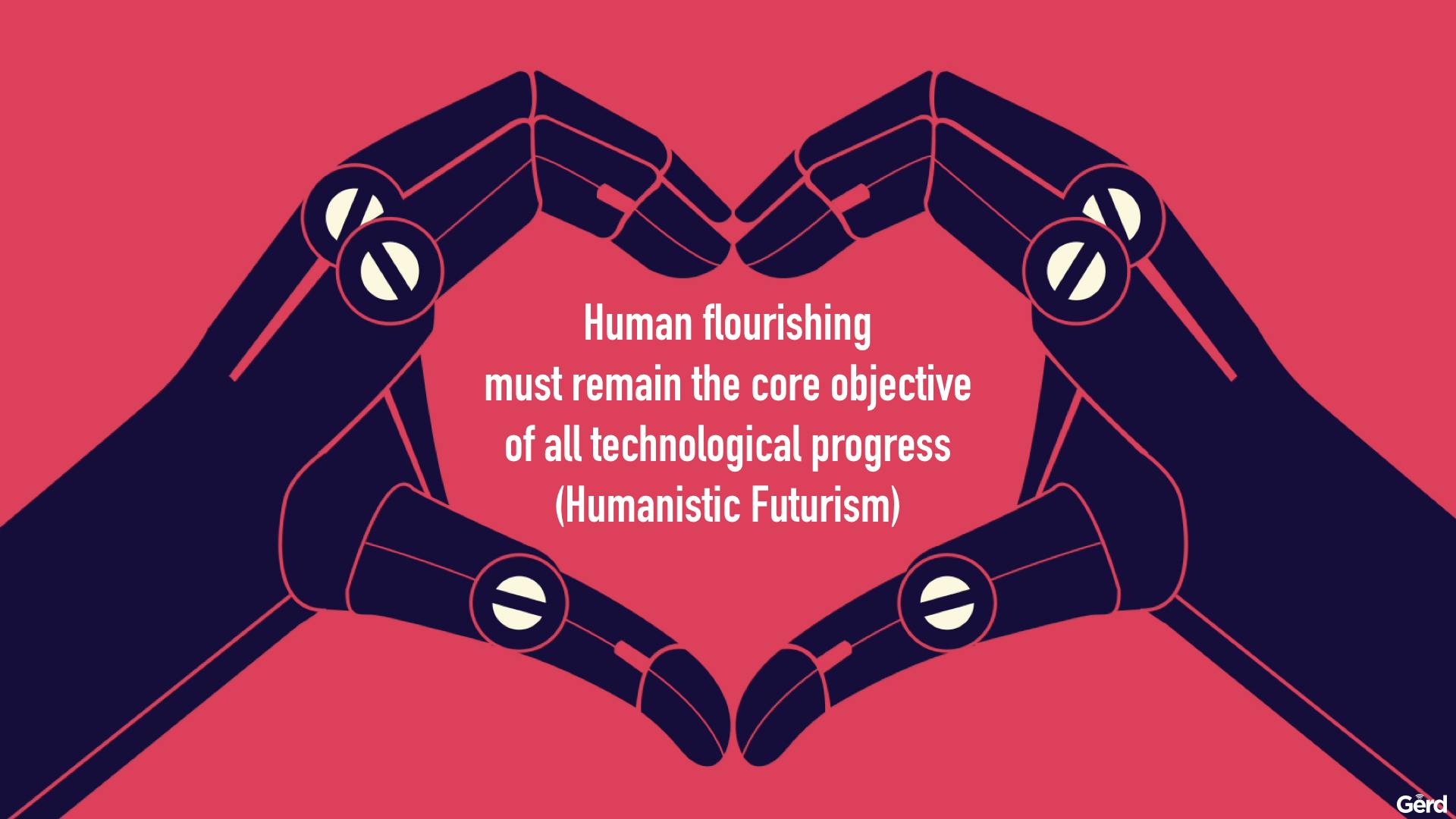In recent years, Latin America has developed a strong entrepreneurial culture, and has become the perfect arena for innovators. Startups, SMEs and MNCs alike are in tough competition to dominate the market.
These businesses are not only in a battle for market share, but also for talent. Today more than ever, it is critical for organisations to transform their business, open themselves to innovation, launch new products and services, automate, adapt and prepare their culture for the future.
Mexico, for one, is a fast-growing region for startups. We’ve seen the emergence of dozens of new players, from crypto wallet (i.e Bitso), fintechs (i.e. Konfio, Albo, Vexi, Klar Kiwi, Flick), to the entrance of big players like Amazon (and unorthodox ones like Rappi) into the financial market.
Exciting for sure! This niche is full of innovators, but that being said, entrepreneurs may be focusing too exclusively on financial services, and ignoring other big opportunities.
The laundry list of future goals
New, disruptive technologies are going to be key in sustaining profitability over the next decade. It’s been said before, but it’s worth reiterating that developments like AI, IoT, Blockchain, quantum computing, 3D printing, and virtual reality are now commonplace, and the synergy of these new technologies are already proliferating.
Depending on whether your business is innovating or not, these new developments could be seen as either an opportunity or a risk...
In Latin America, there are still many businesses who are not prepared for this scale of technological change. They have heaps of data, but lack governance, and in many respects rely on manual operation. Moreover (and perhaps most importantly) their company culture is not built for accelerating innovation. Companies might adopt new tech, sure, but as long as their teams don’t have the resources and/or strategy to innovate they won’t come out on the right side of this battle.
So, what’s the way forward? It’s easy to say “let’s innovate!” but much more difficult to start this practice in reality.
Enter service design, DevOps, big data & API governance and Agile transformation. These practices/methodologies are key in moving companies to greener pastures.
DevOps in particular might sit front and centre. DevOps transformation is an enlightening experience, as it serves as a learning journey for organisations to root out dated mindsets and misguided practices in software delivery.

We’ve touched on innovation tools, as well as strategy, but there’s something missing from this equation...what’s the purpose of our creations?
Making the jump towards positive impact
The emergence of new technologies offers an opportunity to create better solutions for the greatest global challenges of our generation.
Take 3D printing for example—with it, digital manufacturing is precise, less wasteful and delivered immediately. In some years, manufacturing will be on demand, and everyday people will be able to build any object, regardless of its complexity.
Thanks to affordability, soon, millions of new people will be able to create and innovate. But who will prevail on the business side? Our humble prediction: business models that will make waves in the future are those that address global issues—poverty, education, food safety, water, climate change, energy, security and health.

(As a side note, if you're interested in reading more on the subject of technological automation, check out Gerd Leonhard’s work, Technology Vs. Humanity: The Coming Clash Between Man and Machine)
As food for thought, consider the ability of Blockchain to fight corruption, IoT to enhance public security, AI to fight climate change, and bioengineering to guarantee clean water and healthy protein.
Make no mistake, technology has always had the inherent capability to be used for good, but today more than ever, our developments are actually powerful enough to solve major, global issues.
We’ve covered a lot of ground here, and if one thing is apparent, it’s that Latin America is cooking up change. The utensils for this change? New technologies. Our kitchen? New process methodologies and re-evaluated business culture. The secret ingredient? Purpose. The main course? Human prosperity.

